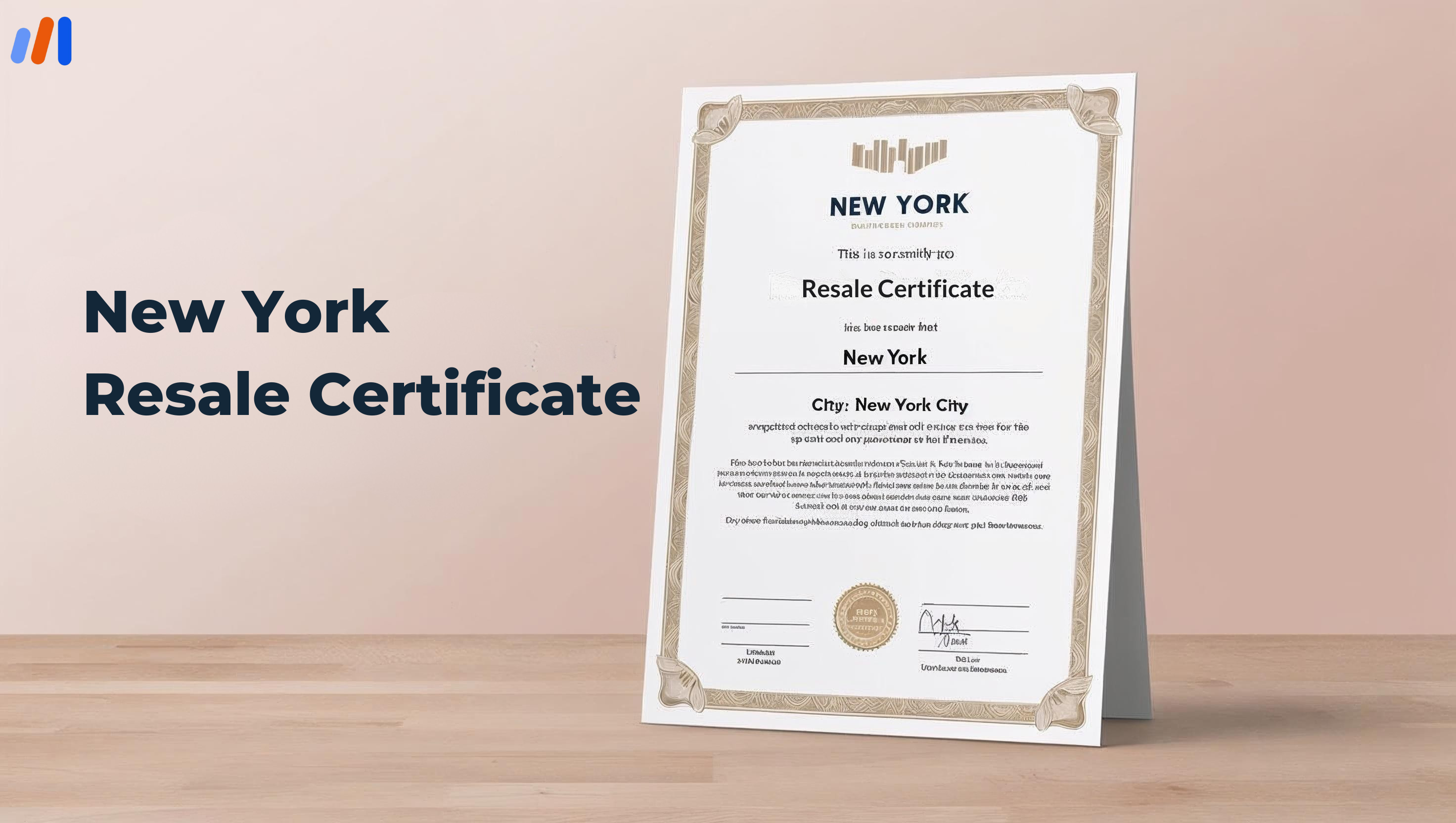For startup founders who have decided to wind up their businesses, the end of the financial year brings a critical deadline. To avoid nasty consequences that one might be liable for in the new year, it is better to dissolve your firm before January 1.
The decision to dissolve however is tough in most instances, but if you are aware of the costs and the legalities involved in procrastinating the dissolution process, you can go through this grueling period quite smoothly.
We discuss below why you must dissolve your startup before year-end, what the key activities are that you need to do, and if there are any special factors that you need to consider given that your business operates in Delaware and California.
Key Benefits of Dissolving Your Business Before December 31st
✅ Eliminate Annual Fees and Tax Liabilities
Most businesses have to pay an annual fee to keep licenses, permits, and registrations in force. This would be limited to the franchise tax, renewal fees, and business license costs which in most cases would pile up if the business has been dissolved. Achieving the dissolution process by the end-of-year cutoff will spare you the unnecessary costs of sustaining a business that has closed shop.
✅ Minimize Tax Liabilities
This is where the timing of the dissolution process becomes very important. If a business does not complete this process by 31st December, it may attract state taxes, minimum franchise taxes, and other annual closure fees the next year. The business closure should preferably target the end of the calendar year as the company’s tax liabilities can significantly improve. No extra payments are expected out of the business.
✅ Prevent Unexpected Bills
The failure to close accounts in the first place, especially payroll, state tax accounts, and employee benefit programs, will most likely result in the business owner receiving unwanted bills in the future. This is likely to happen more with businesses having employees or contractors because interest or penalties will be charged on the accounts that have unresolved issues.
✅ Simplify Legal Compliance
The stress of compliance issues is almost eliminated after the dissolution is done before the changing of the year. In most states, in case establishments fail to fill up the required dissolution details in time, they impose heavy penalties. Such penalties are cumulative and add an extra strain to both the financial and operational parts of the business.
Essential Steps for Business Dissolution
There is more to closing a business than simply stopping its activities. It is a structured process and involves doing certain things to close all the gaps in the business. Here are the basic steps in the process of business from the level of a startup:
✅ Resolution to Help Dissolve the Organization
Check whether the liquidation of the business is resolved by all of its members. This often requires the vote of the shareholders or the members, depending on the legal entity you have.
✅ Dissolution Certificate of Incorporation
Complete and submit the dissolution certificate of the corporation to the secretary of the state in which the corporation was established. In the absence of such a filing, the business will still be officially recognized and will have ongoing obligations.
✅ Inform Stakeholders
To avoid any apprehension and misunderstandings, announce the closure of the business to its employees, creditors, customers, and suppliers. This is all part of good business ethics.
✅ Discharge Debts and Liabilities
Eliminate all unpaid debts and owe payments to creditors, suppliers, and service agents that were furnished with goods or rendered services. Remove employment taxes, borrowed sums, and rented space from consideration.
✅ Withdrawal of Registrations in the other States
Where an organization has gone to operate in various states, notifications of withdrawal must be filed at every state where such a business concern has been registered. This is one of the most important procedures to ensure that there are no fees or penalties for states where the business has stopped operating.
✅ Close State Agency Accounts
Cancel existing accounts with state agencies, for example, sales tax accounts with unemployment insurance carriers, and workers’ compensation accounts.
✅ File Final Tax Returns
Make your last submission for federal and state returns final. Those who were employed must also ensure that W-2 forms are submitted on time together with all payroll taxes, these include the final tax returns.
State-Specific Considerations
Delaware Corporations and LLCs
Corporations: A Corporation with a last known address in Delaware should submit a Certificate of Dissolution to the Incorporation Services Department by 31 December to avoid suffering the 2018 franchise taxes and fees. Furthermore, the Liquidation Process (winding up) must be performed, which involves the distribution of any assets that remain after settling all debts owed.
LLCs: In contrast to corporations that are incorporated in Delaware, every LLC (Limited Liability Company) formed in Delaware must close its operations entirely before applying for dissolution. Operations that need to be, closed include every outstanding obligation owed including taxes, creditors, and other obligations that are registered in other jurisdictions.
California Corporations and LLCs
Corporations: In California, the dissolution of a corporation requires that the corporation completely cease operations before making the application. This requires addressing pending lawsuits including but not limited to other debts owned and taxes owed by the corporation.
LLCs: For domestic dissolved LLCs, file a Certificate of Cancellation before 31 December so that your LLCs do not suffer the 2019 franchise tax in the next year. There is a second phase of cancellation of Articles of Incorporation for California that permits LLCs to conduct its winding-up activities the next year after the Articles of Incorporation have been filed.
Critical Deadlines to Keep in Mind
December 31st
The date by which you can submit all paperwork that relates to the dissolution of your state incorporating your state to be able to avoid the interest and costs levied on state taxes.
January 31st
This is the last date when employees’ W-2 forms are distributed to them together with the filing of final payroll tax returns.
15th Day of the Fourth Month Following Dissolution
It is the last date when the business’s federal tax returns and state tax returns are filed.
Potential Pitfalls to Avoid
If the business is not dissolved well, it can lead to issues such as liabilities, taxes, or legal issues. Common mistakes include:
- Not advising the debtors and other stakeholders.
- Lack of withdrawal notices even if the business has ceased its operations in that particular state.
- Failure to close accounts with state authorities causes avoidable charges.
- Missing dates for final payroll and tax returns can also attract fines.
Conclusion
To minimize both financial and legal costs, it is of utmost importance that by the end of the year, the startup is dissolved. If the closure takes place before the year ends, it cuts down on taxes, lowers loads of liability, and ensures compliance with state laws. It is highly recommended that all the steps be taken as outlined and legal and financial people consulted.
It does, whether it is registrars of Delaware corporation, California LLC, or other business, action must be taken on time. It becomes a fresh start as the business in the dormant state does not contain any liabilities.
Book a free consultation today with Easyfiling to dissolve your LLC before December 31.
File Your LLC Today
25$ off with a coupon
Lock in EasyFiling's transparent rates and get lifetime compliance support at no extra cost.
Get Started Now







